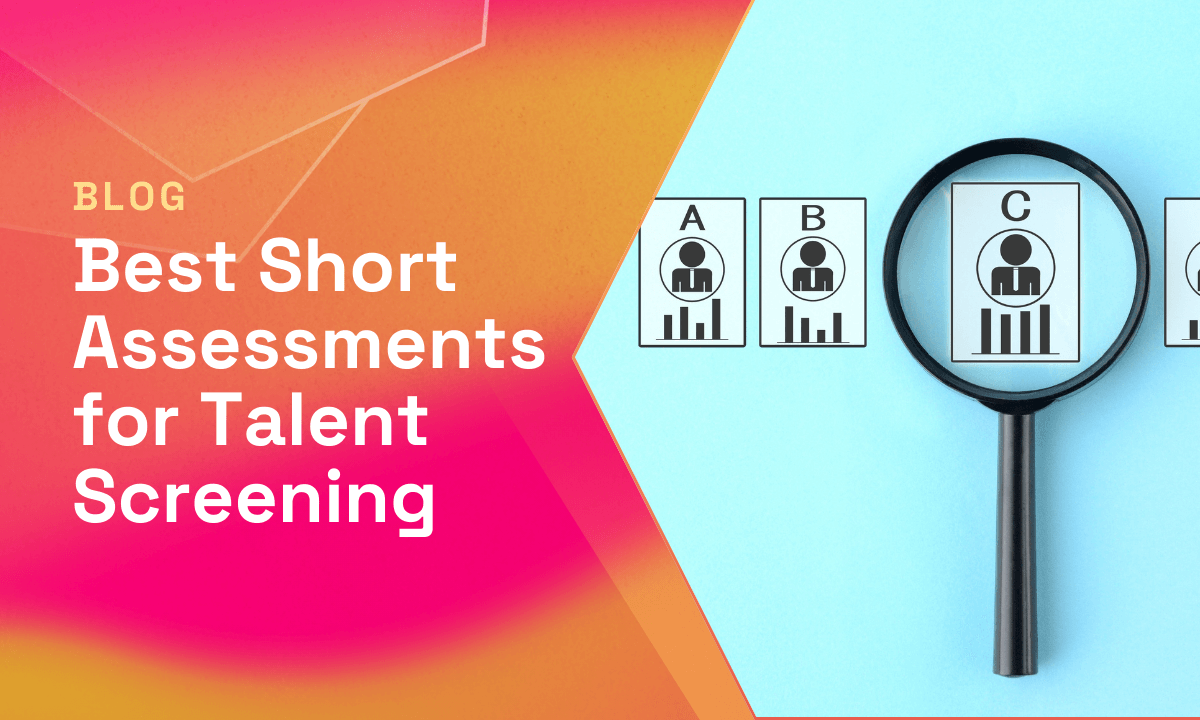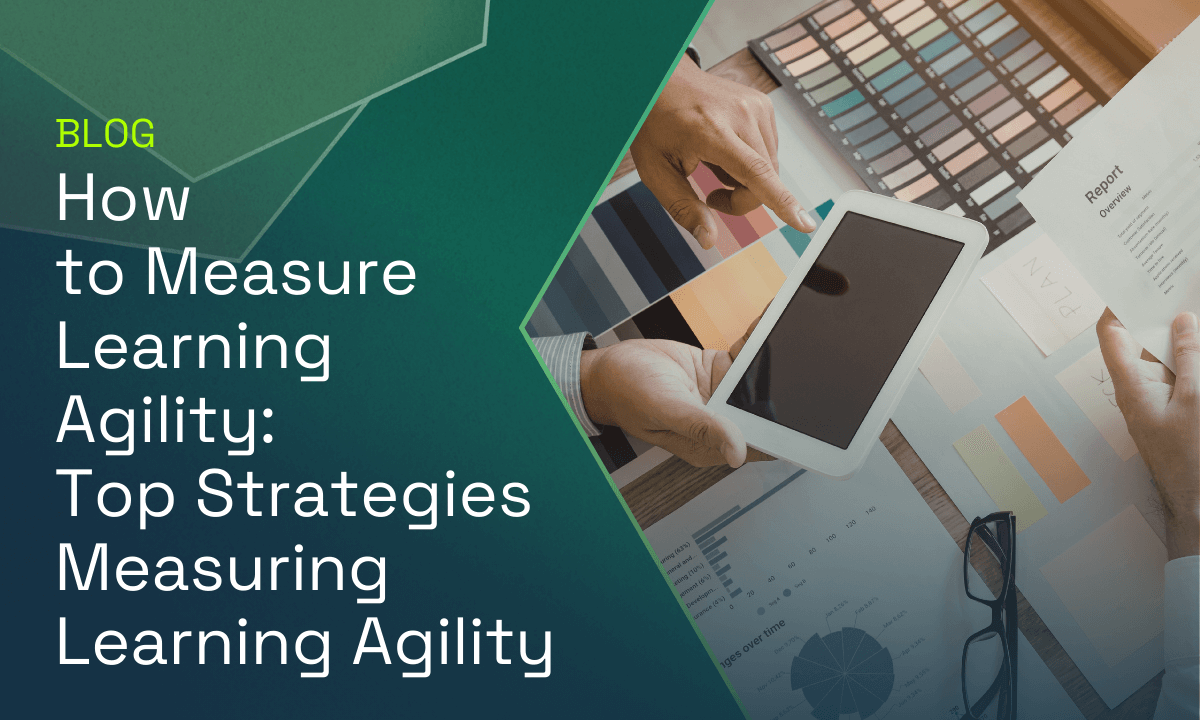For you, the future of work is now
A lot of has been written and said about “the future of work” – much of it obvious, some of it trivial and an even smaller amount useful. As a good friend once said to me, “the main reason to worry about the future of work is to avoid doing anything about the problems we have in the present”. From my experience, most people understand that the future will be different and that they need to invest time to adapt to it. They know that – as the cliché suggests – the only constant in life is change. They just don’t know where to start.
The pandemic of 2020 has reenergized the conversation about this topic. Why? Because responses to the public health crisis have driven the rapid adoption of new working practices for everyone at the same time. This has brought focus to the importance of changing quickly to stay relevant, as well as the extent to which novel technologies can really enable us to live and work differently. Emerging pressures for organizations to become more efficient more quickly and to avoid having groups of people in the same space also creates momentum for increased robotization. In other words, the pandemic of 2020 is accelerating some of the longer-term trends we have been seeing for the last 20 years.
The outcome of this acceleration is that many people spend their days differently. They are often working in a more independent, less structured way; they spend more time connecting with other people as part of their role (customers and team-mates; digitally or otherwise); and they spend more time trying to solve problems and make sense of novel information. Indeed, most complex work these days is done by teams or networks of people with complimentary expertise, working together to solve important problems – often remotely. Welcome to the future of work!
What makes someone successful at work within this new and emerging context? While it is still important to have appropriate technical skills for whatever you do (e.g. if you are a pilot, you must know how to fly a plane…), it has become very difficult to figure out what skills will be most useful to learn now for future roles. The overall shift in work patterns also demands more focus on critical core skills and capabilities. Sometimes we call these the “skills to build skills”. In my view, a few are particularly vital:
Self-control and personal management
The trends suggest that most people will find themselves self-directing more often. Indeed technology does a tremendous job of dissolving the boundaries between important aspects of life– e.g. when work will start and stop; where work is done (home or office); how we meet with other people (in a café or on zoom). These changes require us to pay more attention to how we spend our time, update our skills more often, and to keep up to date with the wider social and technological trends around us. The internet offers us unlimited information. People will need the skills to make better choices about how they spend their time with it.
Understanding and learning from others
It has always been useful to be able to see things from another person’s perspective, but now it seems that it is becoming an essential business capability. Whether it is in the context of leading people and managing company politics, understanding the customer experience, or learning new skills and capabilities (learning from other people is a very effective way to learn) – being able to understand an issue or idea from someone else’s point of view is a valuable skill to have.
Sense making and thinking critically
it is uncommon for someone to have all the information they need presented neatly to them when they are trying to make an important decision. Most data is always full of noise and errors. Difficult problems also require people to be able to combine ideas from different areas of expertise. Having the skills to see patterns, make sense of them and to integrate across disciplines is vital.
So how does one start to build these capabilities? The answer is to start with the raw material: your cognitive style and personality will have driven you towards developing some core skills and maybe under developing others. If you want to make the right decision about how to invest your time in building your “skills to build skills”, then make sure you start in the right place. Most of these core skills show up in our reputations – and unless we really understand how other people see us, then we’ll never truly know what our starting point is.
Last – if you want inspiring stories about learning and change then perhaps consider the fact that Mike Tyson – a boy from a poor family who grew up his entire life fighting – is now passionate about Cicero and the Frankish Kings. We all have change in us. We just need to find our unique version of it.
About the author
Lewis Garrad, a chartered organizational psychologist, is a Partner and Solution Leader at Mercer. He is focused on the design and deployment of employee attitude research programs, talent assessment, and performance interventions. Find him on Twitter (@lewisgarrad) or on LinkedIn.





























